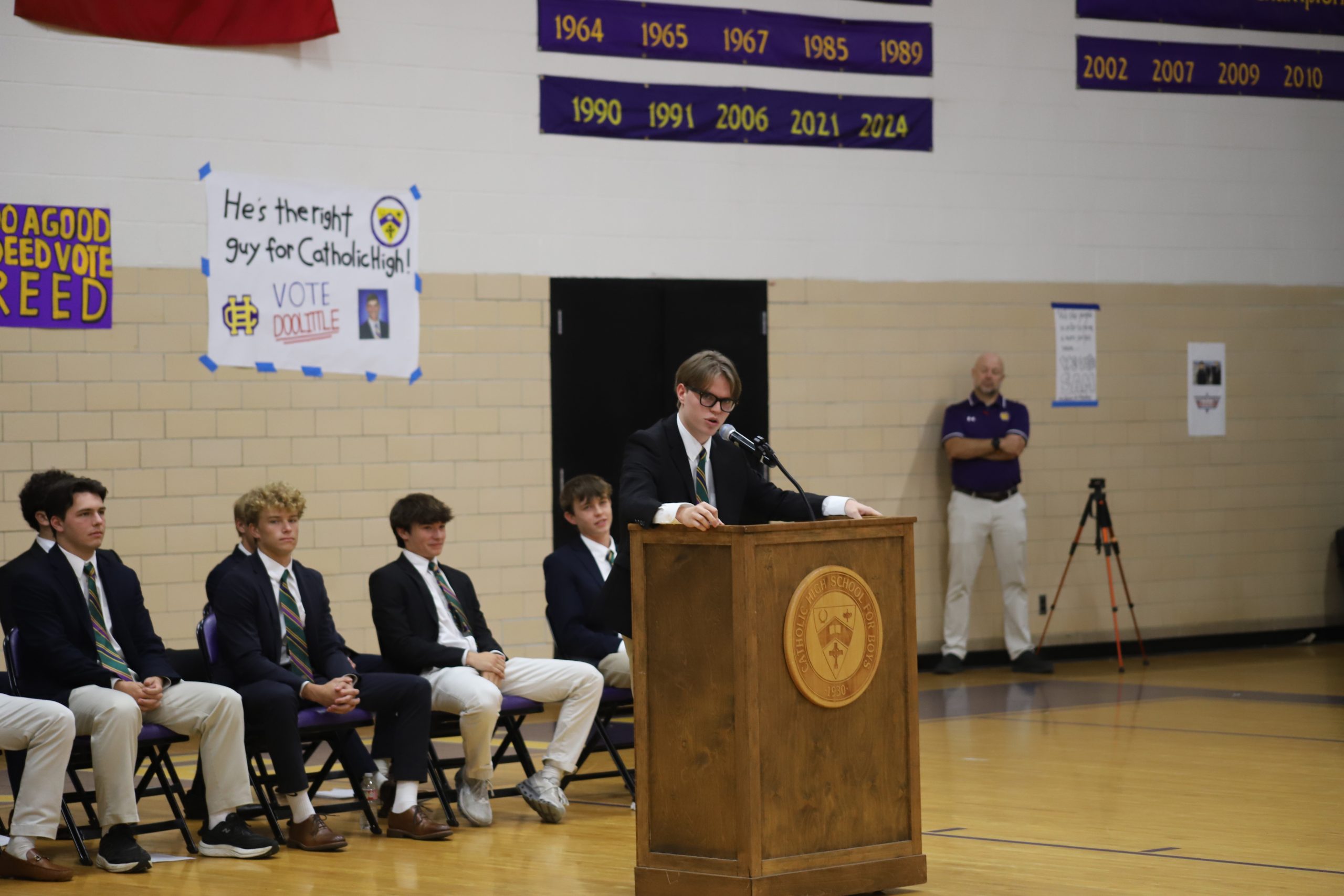Some students go through high school without ever finding their passion. Some do find it in a club at their school. Others use their passion to create a club.
Junior Jacob Roset has the vision of a club, and plans to bring it to our school. He has brought up the idea of a Model UN club, and rallied many of his classmates around this idea. Though it hasn’t come to fruition yet, Roset has worked on making it a reality. He said, “I feel like as student with a purely American perspective on the world, we need to get perspective based on other countries and their strengths and weaknesses.”
Model UN is a club based on acting as mock representatives from a selection of countries. Junior Nathan Rives, another advocate for the creation of Model UN, said, “Some students get together and they are all delegates from represented countries, and they try to solve world problems using the given policies of their country.”
Roset has already garnered support for the club. He said, “I’ve gone around to quite a few guys in my classes, and a lot of them are really interested in the idea of a Model UN, and would love to give it a try if it were to come [here].”
In Model UN “simulation conferences,” students solve problems for their given country, which aren’t always true to life. Roset said, “We would meet after school once a week and do Model UN. I’d like to make it more interesting. While also doing the normal scenarios, I want to try to incorporate things that are a bit outlandish, like what your country would do if Godzilla showed up, or if there was a zombie apocalypse.”
To start a club at our school, a student needs a sponsor to help run and represent the club. Rives said, “I’ve gone to Mr. Massery, and tried to talk to him about getting him as a sponsor for the club, and he has gotten approval from Mr. Straessle to start it.”
Model UN isn’t the only club that students would like to see at our school. Junior Alex Bromley came up with the idea of a debate club. He said, “We lost the Young Republicans and Young Democrats, so there’s no way for them to get together. There’s political awareness, but it doesn’t bridge the gap between the two. We want to mesh them together.”
Debate club, as Bromley envisions it, would meet once a week for around an hour. In it, the students would break up into small groups and discuss a universal topic. Then students in the small groups would debate with one another with the best speakers discussing in front of the whole group.
To Bromley, debate wouldn’t just be for fun — it has some potential to help students later in life. “It’s about who can have the best ideas and who can best articulate them. It’s also about training so that you can better formulate and speak what you want to say.
“We’ve gained a sponsor, but since there are so many clubs that are being formed or want to be formed, we’re working out [if there is room for debate],” said Bromley.
In the end, Bromley and Roset have worked toward creating the club they’ve dreaming of participating in, and both hope their respective clubs will be tangible soon. Roset said, “It’d be a great addition to Catholic’s list of clubs. If we got [Model UN] running, I would definitely choose Norway [as the country I would represent]. It’s my bloodline.”










